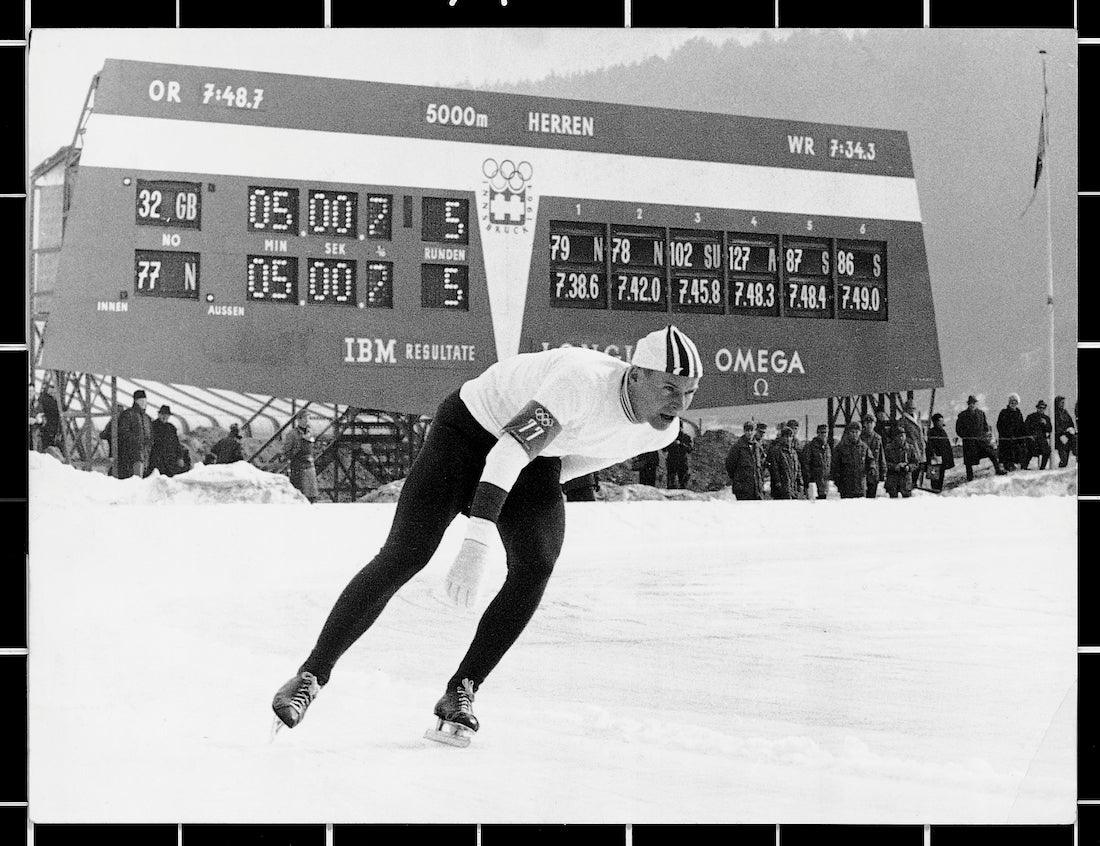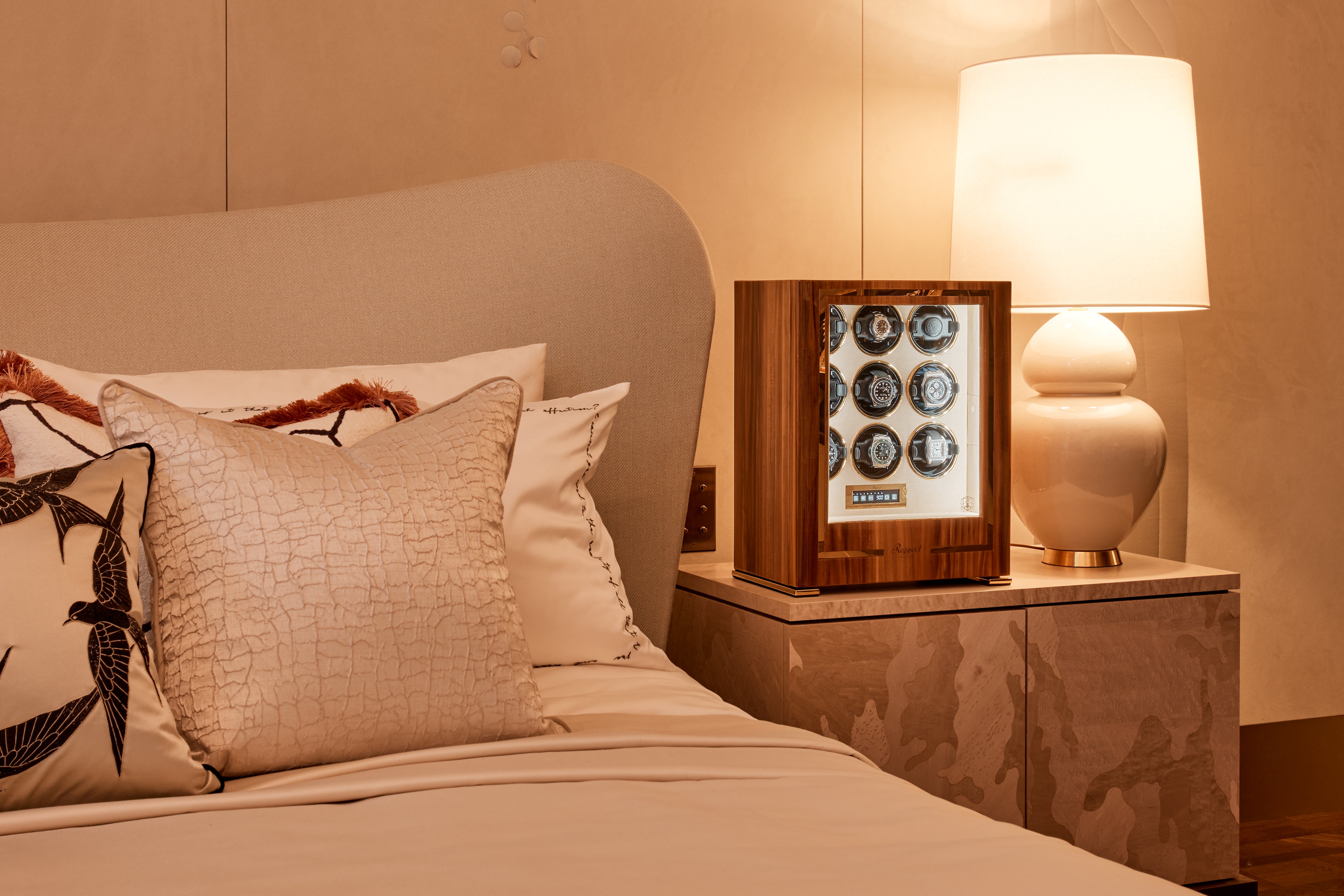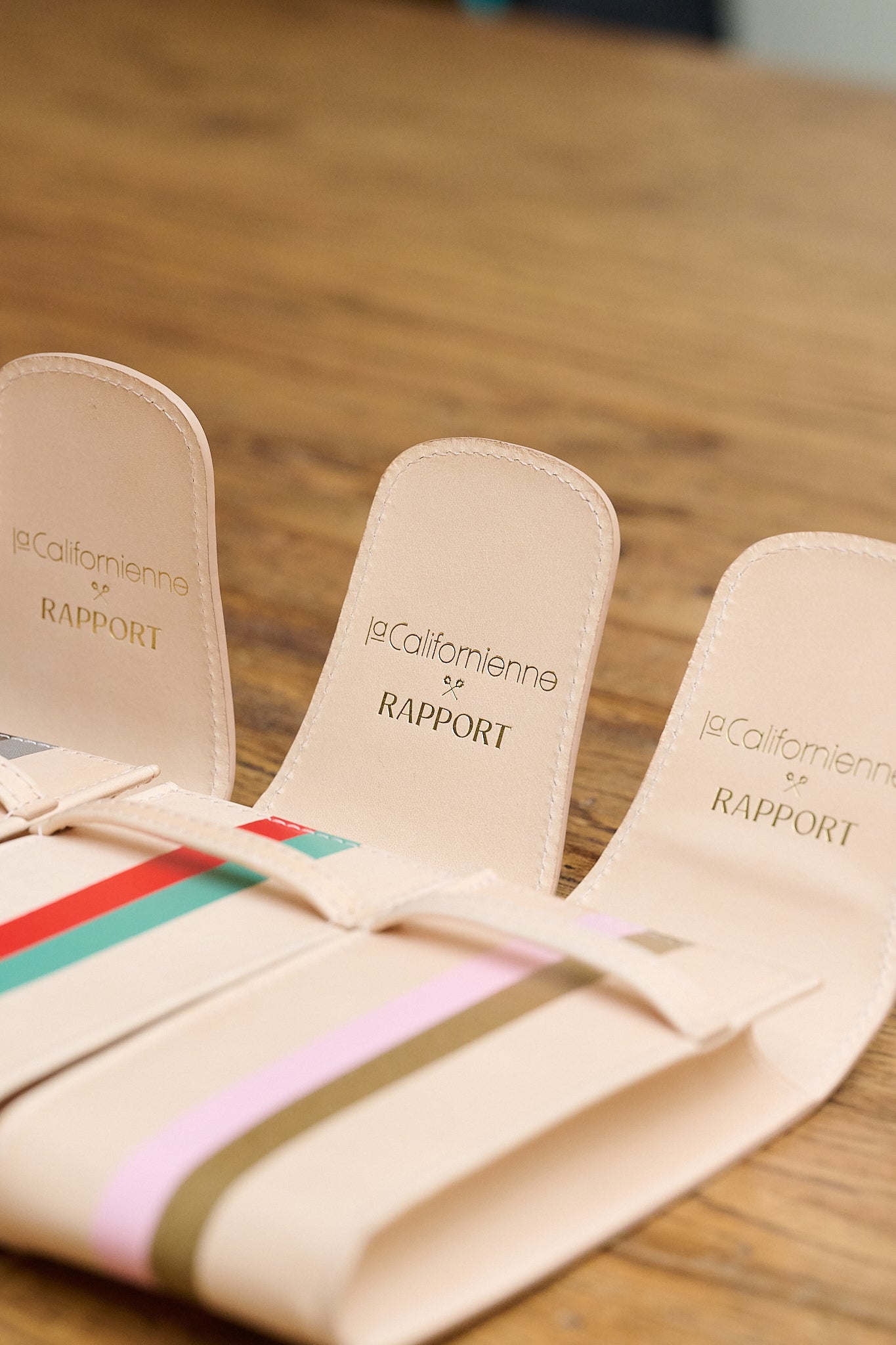
Timekeeping at the Olympics: A History
As a company with over 125 years of heritage in timekeeping, Rapport’s journey began with selling clocks, and over the years, we’ve evolved to specialise in exquisite watch winders, watch boxes, and watch accessories. Today, as the Paris 2024 Olympics begins, we reflect on the remarkable history of timekeeping at the Olympics, a testament to the relentless pursuit of precision and innovation that parallels our own legacy.
The Early Days
The modern Olympic Games, revived in 1896, had a simple approach to timekeeping. Hand-held stopwatches and manually operated devices were the norm. Back then, the focus was on participation and the spirit of competition rather than precise timing. Our company, founded only two years after this, was producing reliable mechanical clocks that echoed this era’s charm.
The 1930s
The 1932 Los Angeles Olympics marked a significant milestone in timekeeping. The introduction of the photo-finish camera and automatic timing devices brought a new level of accuracy. Our own product line began to reflect the technological advancements of the time, moving towards more sophisticated clock mechanisms and eventually leading to the high-precision watch winders we are known for today.
The Mid-20th Century
The 1960 Rome Olympics heralded the electronic age of timekeeping. Quartz technology, introduced by Omega, revolutionised the accuracy of timing, reducing human error and providing split-second precision. Rapport also transitioned from traditional clockmaking to incorporating electronic elements in our products, ensuring that our customers experienced the best in precision and reliability.
The Digital Era
The 1972 Munich Olympics saw the debut of fully automatic electronic timing, further pushing the boundaries of accuracy. Digital displays and computerised systems became the standard, reflecting a broader technological shift. Rapport was also developing, as we expanded our range to include advanced watch winders that catered to the needs of both mechanical and electronic watches, ensuring they were always in perfect sync with the times.
The Modern Olympics
Today, the Olympics rely on state-of-the-art technologies such as high-speed cameras, GPS tracking, and RFID chips to ensure unparalleled accuracy. These advancements are a far cry from the humble beginnings of hand-held stopwatches. Similarly, our company has embraced cutting-edge technology in our watch winders and accessories, offering products that not only preserve the longevity of watches but also enhance their performance and precision.
Our Commitment to Excellence
As we reflect on the evolution of timekeeping at the Olympics, we see a parallel in our own journey. From selling clocks to offering premium watch winders, boxes, and accessories, our commitment to precision and innovation has remained unwavering. Just as the Olympics strive for excellence in every competition, we strive to provide the finest timekeeping products, ensuring their treasured timepieces are cared for with the utmost precision. Whether it’s in the world of sports or the craftsmanship of fine watches, the pursuit of excellence is a timeless endeavour.


